America is the new Rome. No, but really though. Okay, not really — but the comparisons may surprise you when you really stop and think about it. To help facilitate such a thoughtful reflection, here is a list on why America is, in many ways, the second Rome (nota bene -- although this is, in a limited sense of the term, a research piece, please keep in mind that this is also informally informative and mainly intended as humor -- please enjoy it as such).
1. Anybody could be a Roman Citizen.
That’s right. Rome was the first country in Europe to offer citizenship to people from any race or region. In fact, they were the last to make such an offer until modern democracies. However, many people within the empire were still non-citizens — until 212 CE when Emperor Caracalla (say that 10 times fast) issued the Antonine Constitution that made almost all free men in the Empire citizens.
2. Women’s Rights
Okay, yes, you read that right -- all “free men” were granted citizenship. What about free women? Well, women were kept from what was considered “public” roles, such as holding office or actually voting. That said, women were still considered citizens — a tremendous step ahead of any culture up to Rome’s time and basically up until modernity. Women could inherit property, initiate divorces on their own and even manage their own business. While not quite up to today’s standards of equality, this was heads and tails ahead of most societies before, during, or after Rome. Roman matrons, in fact, often exerted a relatively significant amount of influence on local politics.
3. Mass Entertainment
Romans liked games, shows and anything else that kept them entertained — and emperors loved putting on good shows so that the people didn’t rise up in riots (to this day, rulers love keeping their people happily distracted). And what spectacle the Romans hosted! Ranging from dramatic theater, to rushing chariot races, to all manner of gladiatorial games and more, the Romans boasted such entertainments as any modern appreciators of drama TV, NASCAR, or "Call of Duty" could enjoy (but they didn’t have the internet -- though at least they also didn’t have reality TV).
4. Religious and Social Diversity 
In most cases, any religion and culture was welcome in Rome as long as you gave foremost loyalty to the Emperor and the Empire. In fact, there was a level of social diversity and acceptance seen in Rome that wasn’t seen again until the modern era. People from across the empire, from Britain to Iraq, lived in Rome, many bringing the religions of their regions with them. In fact, many prominent Romans in Rome itself adopted cults, ranging worshiping such as Isis from Egypt, Mithras from Persia and (get this) Thor form the Germans (Thor was usually associated with Roman Heracles, with some modifications, for those Roman citizens of Germanic inclination). Even the Christians, which the ever-cranky Roman historian Tacitus described as a “troublesome cult,” rapidly gained popularity, though I would be “lion” if I said there weren’t some speed bumps on that front — Tacitus actually wrote that the only good thing Nero ever did was feeding Christians to animals for sport. There were some other exceptions, as well, such as the time the Jews kept rising up and the Romans felt compelled to besiege Jerusalem and burn Herod’s temple of the New Testament stories in 70 CE. Or the Brittonic druids — the Romans really disliked the druids, who also really, really, really disliked the Romans and spent most of their lives on the run and stirring up rebellions (until the Romans found their last refuge on Anglesey Island and burnt it to the ground --actually, the Romans did a lot of burning to the ground, though they had to do all the hard work themselves without modern drones).
5. Diplomatic Finesse
Popular opinion across the world would try to tell you that Americans are loud, fast and arrogant. Rome suffered from a similarly nasty reputation. And, as with modern Americans, it was (of course) entirely undeserved. Consider the following -- one of the great Seleucid kings of Greek-controlled Syria, Antiochus, was preparing to march on the Ptolemy dynasty of Egypt — and was winning handily. It seemed like Antiochus was about to reunite two of the larger pieces of Alexander the Great’s former empire — until Egypt cried for help from Rome. A Roman senator showed up and, when Antiochus extended his hand in greeting, the senator slapped a tablet into the open palm. The tablet briskly informed the Seleucid king that this conquest just wasn’t going to happen and that Antiochus was either going to abandon his military gains or face war with Rome. When the king objected and asked for time to consider, the senator used his staff to draw a circle in the dirt around the king and said that he had until he stepped outside of the line to decide. Needless to say, the Romans were viewed as not having the best diplomatic table manners.
6. Health and Sanitation
Rome was not advanced at all compared to modern medicine, but they were extremely advanced for their time and even adapted and improved upon what they adopted from the Greeks. Wealthy and middle class Romans had access to professional doctors, while soldiers and slaves had access to history’s first hospitals. Unfortunately, those who were both poor and free had much less access to healthcare apart from household cures. That said, Romans were proactive in that staying fit was just as important as getting treated when sick. Access to fresh water and sewer systems to haul away wastewater were essential to any proper Roman city. And everyone — including the poorest — had access to fresh water, toilets and bathhouses thanks to innovations in aqueducts and piped water. Any decent Roman would have stuck their noses up at even 1700s people as far as cleanliness went.
7. Roads, Roads and more Roads
Rome liked their roads. In fact, the Roman legions spent their “free time” building roads. Was there a river in the way? No problem. They’d build a bridge. A swamp? They’d drain it. A mountain? Well, since Hannibal had gotten elephants across the Alps, then no self-respecting was going to let a Carthaginian show them up. Rome had the largest and best maintained transportation network of the ancient world, rivaled only by those of imperial China’s highway system. Added fun fact -- we in America still refer to miles for road distance — which is based on the Latin word “mile” for soldier.
8. Commerce — a Lot of Commerce
Americans and Romans alike love(d) to make money. Traders in Rome were (mostly) able to operate freely and without constraint — and many capitalized on the situation, no pun intended. In fact, in American style, many wealthy traders decided “why make a little when you can make a lot?” Rome saw some of the world’s first mass-production processes, ranging from mass production of armor for the legionaries, to everyday pots, to wine, to bricks, the favored building blocks of Rome. While nothing compared to an industrial society, Rome had impressive production capability. Roman roads and shipping made transportation of these goods convenient and cost effective, contributing to a surprisingly broad diffusion of goods across the empire and many happy traders. Additionally, Rome had a common system currency. As such, a wealthy Roman trader could literally travel from Britain to Egypt without changing money. Pretty impressive, even by today’s standards (all of this said, although Rome made significant strides in long-range commerce, it was not a capitalistic system).
9. Rome Traded with China.
Okay, this is a stretch, but there is truth to it. Rome imported products and luxuries from across and beyond their empire. Did you know that the wealthy in the city of Rome had a huge demand for Chinese silk? Or that Roman glassware was popular in China? Or that Roman soldiers actually clashed in skirmishes with Chinese guards in the Mesopotamian stretches of the Silk Road? Don’t feel bad, because I didn’t either until I saw it claimed on a TED Talk. Rome actually had periodic official diplomatic relations with China, and there are Chinese texts from the Han Dynasty describing Da Qin (Rome), its people and its trade goods — and all in surprisingly positive terms. Rome actually maintained a few trade ports on the Indian Ocean, on the very edge of their empire, although most trade with China had to go through Rome’s mortal enemy, Parthia, the successor of the Persian and Alexandrian Empires.
10. Rome was originally a Republic.
One of the easiest things to forget about Rome was that it wasn’t always an empire. In fact, Rome was a relatively young republic that overthrew the foreign kings that once ruled them and then grew over a few hundred years into world superpower status. Its violent transition to an autocracy was anything but natural, marked with a long series of bloody civil wars. Rome’s senate had centuries of political history behind it, and Rome had long and proudly declared itself the “enemy of tyrants.” They patriotically celebrated their independence from foreign Etruscan kings every year on “Regifugium,” February 24 (hmm… annual celebration for freedom over foreign king… sound vaguely familiar?). In fact, the Founding Fathers of the USA looked to Rome as a model for their own foundling republic, both on what would work and how to avoid that long, slow decline into absolutism. And you never know -- perhaps, despite all the efforts of the founders, America is just waiting for the right Caesar to come along.
This list goes on, such as how Rome also had the world’s first fully professional, standing military, or how modern studies have suggested Rome was also the first political state to affect global warming through the mass amount of lead-smelting foundries they operated. So next time you take a bath, drive on the road, vote, or spend some dollars on a tasty treat, think back to and commiserate with some long-forgotten Roman citizen who lived a life very different and yet not entirely dissimilar life from your own. And yeah, Romans used lead pipes, which didn’t exactly always do any favors to public mental health—but hey, we don’t have lead pipes and we still ended up with this year’s election.




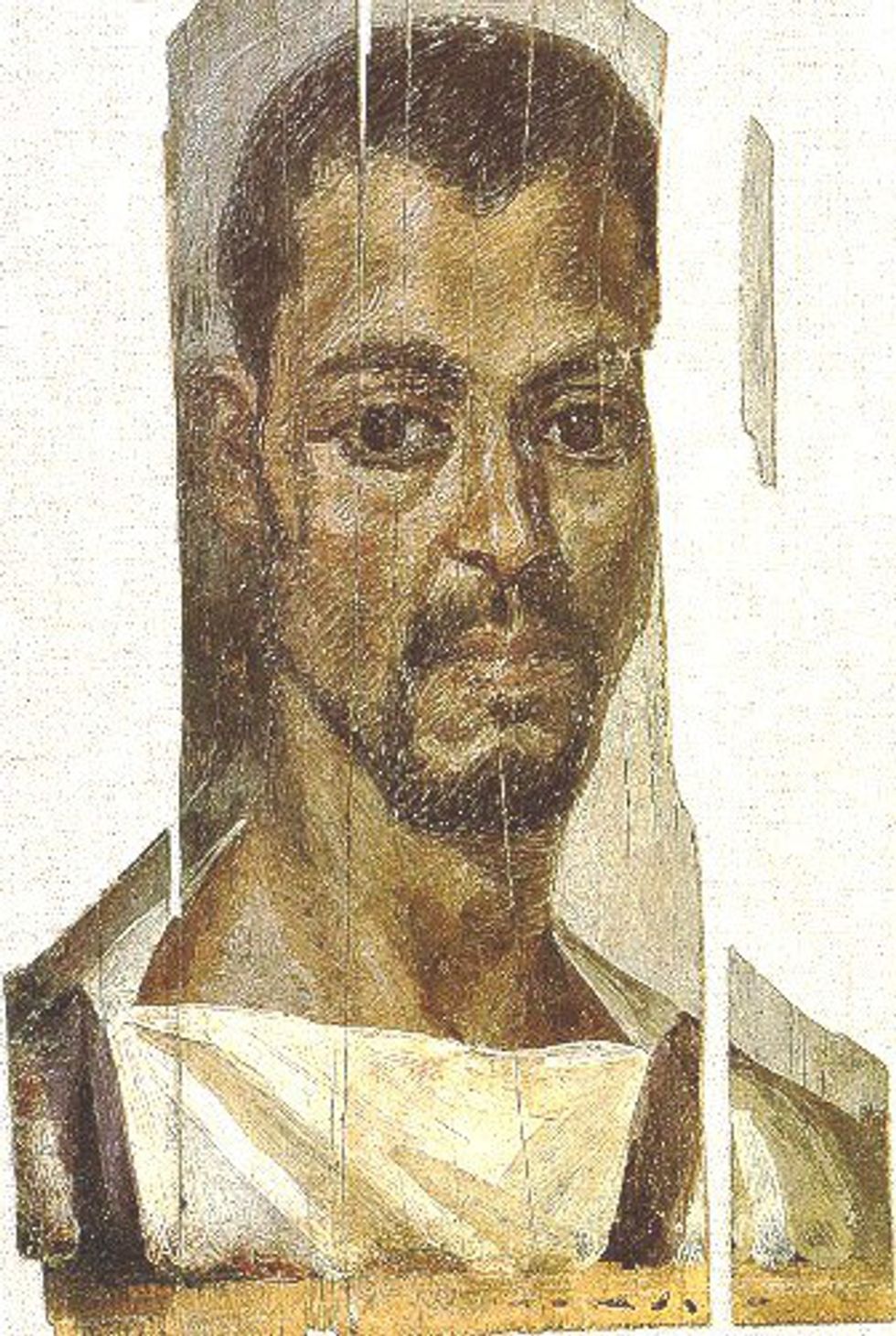
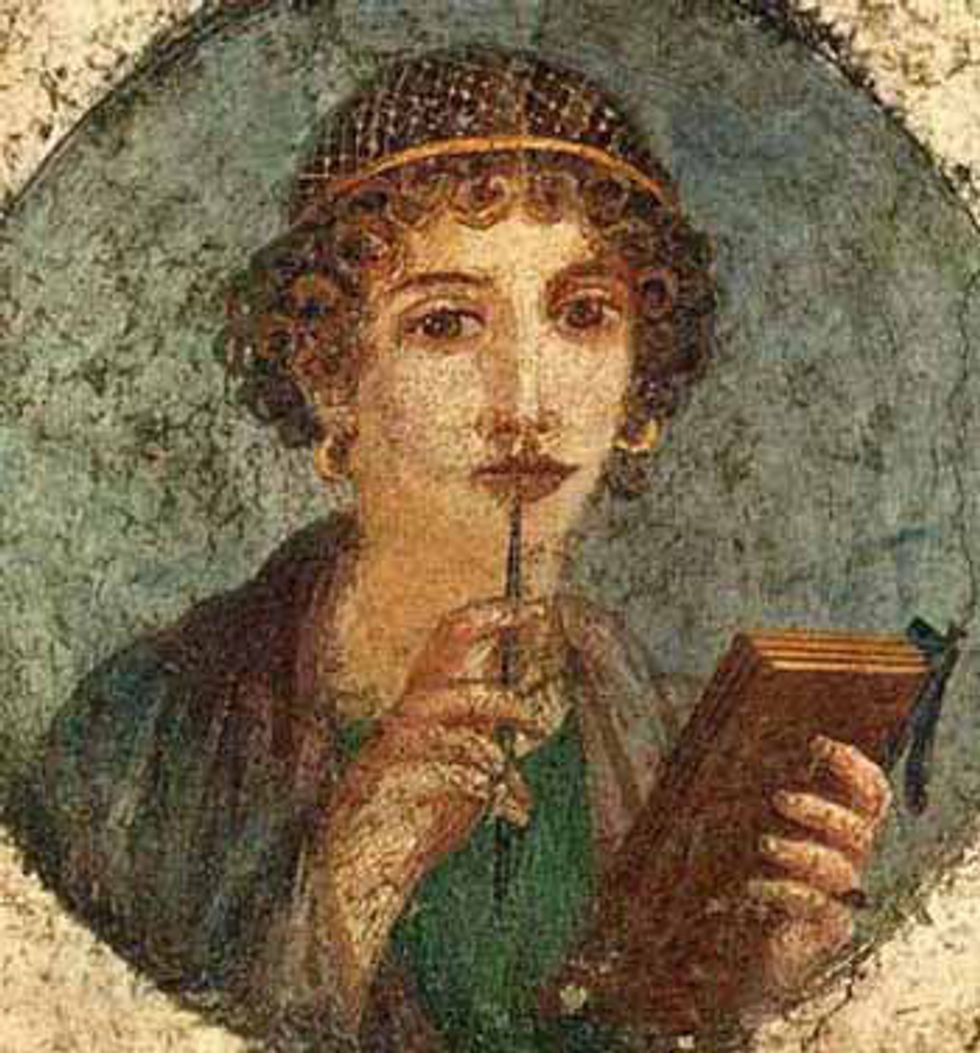
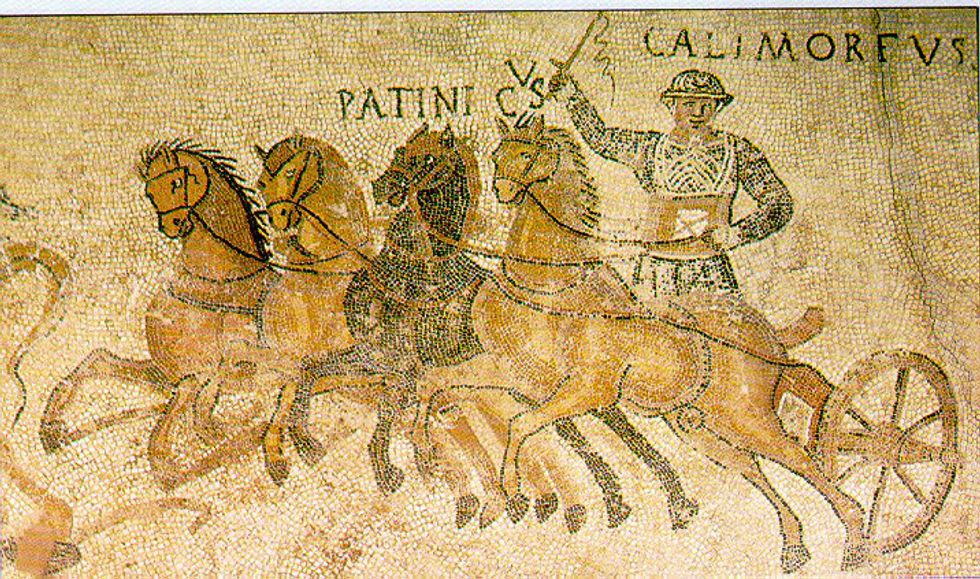
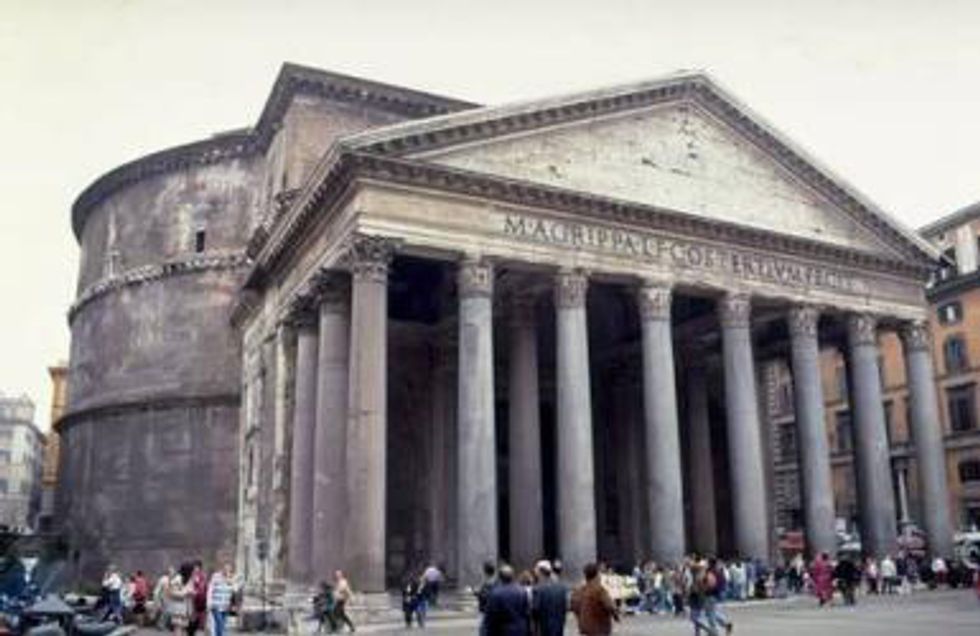
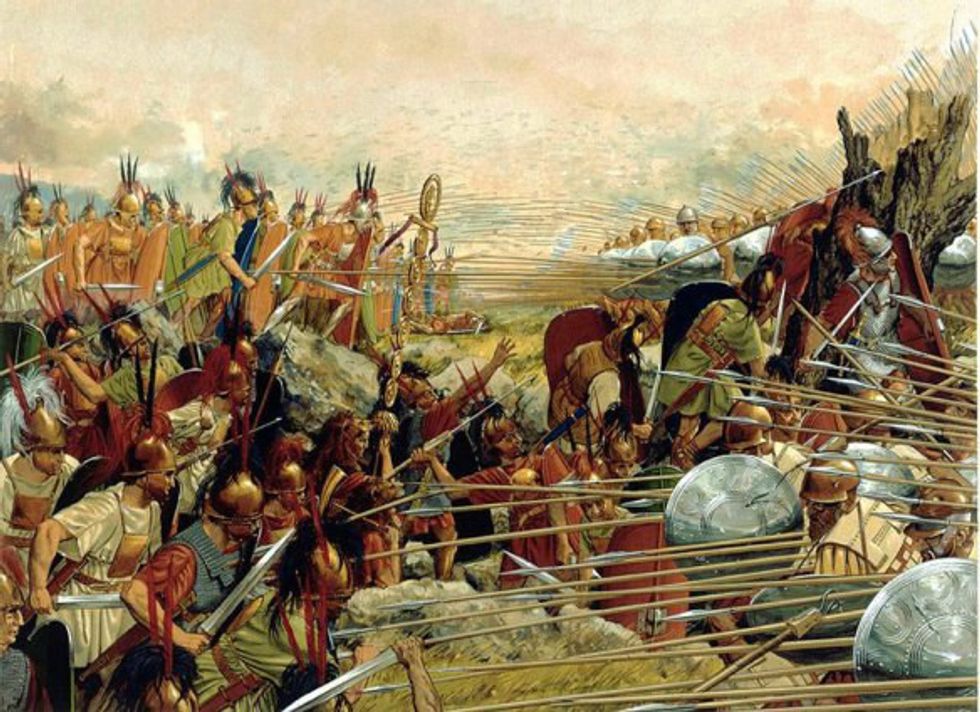
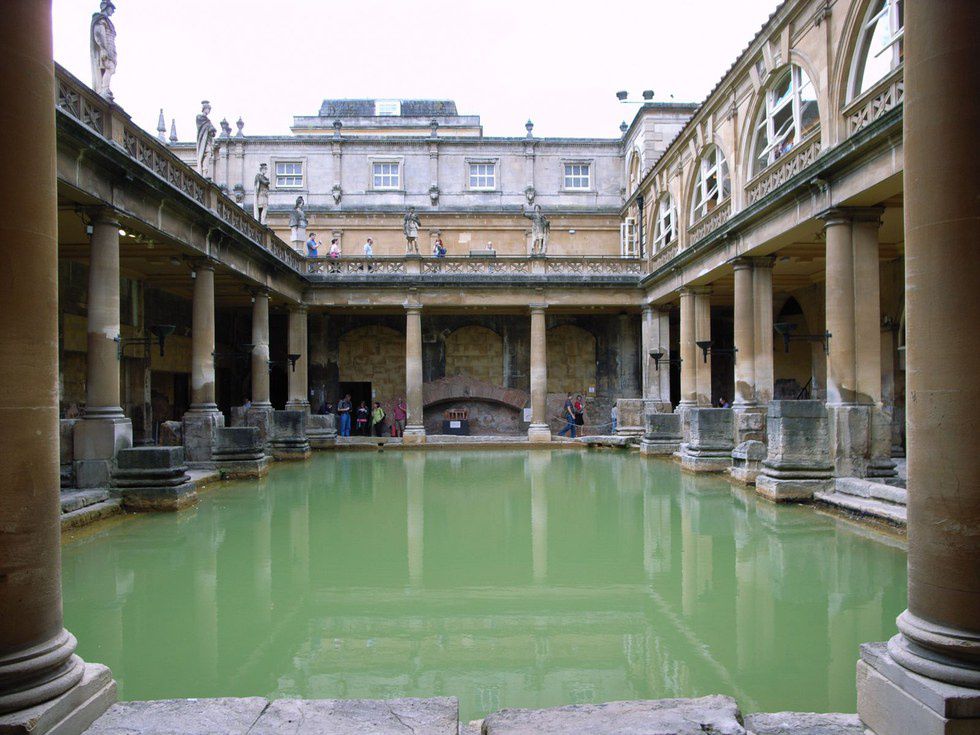
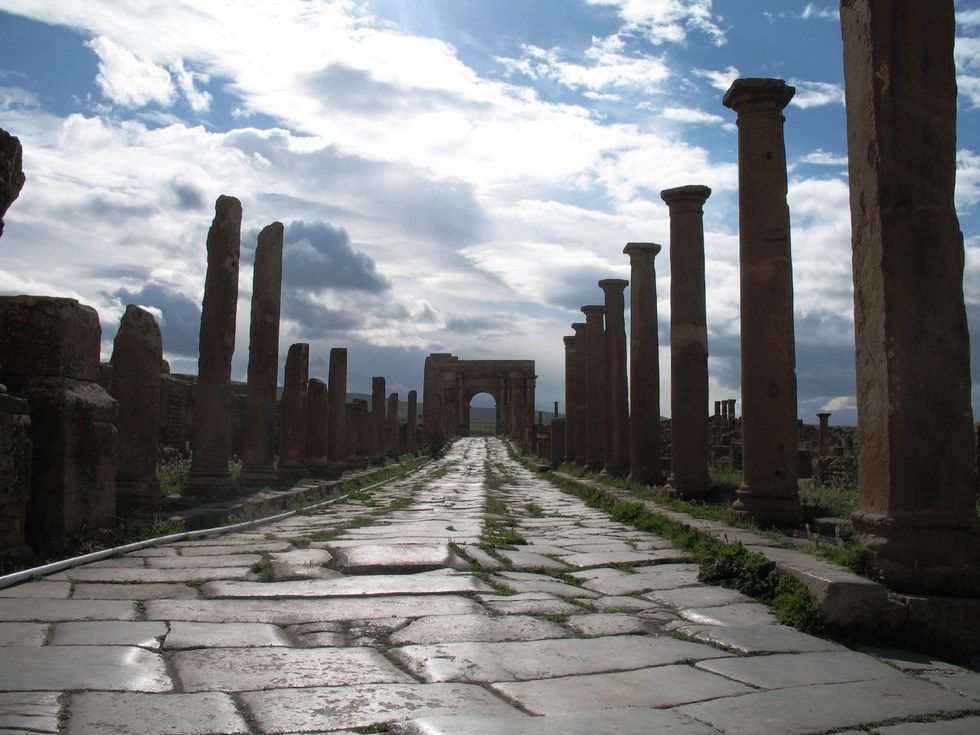
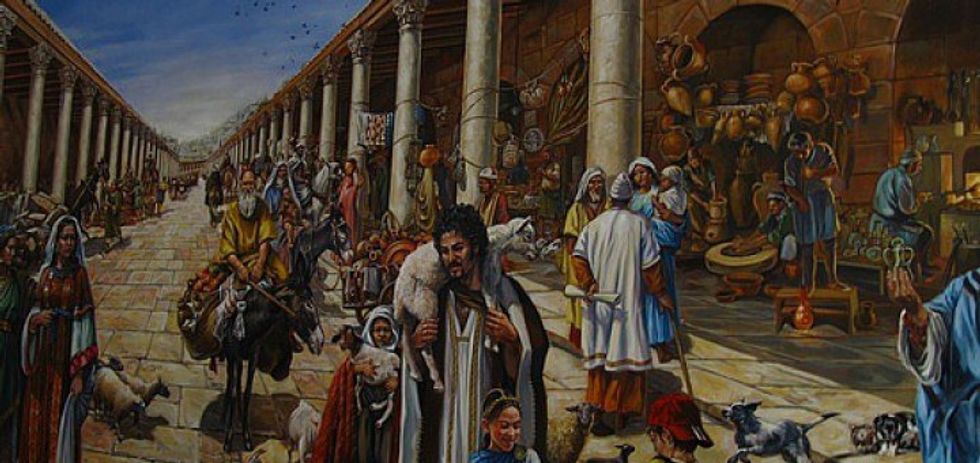
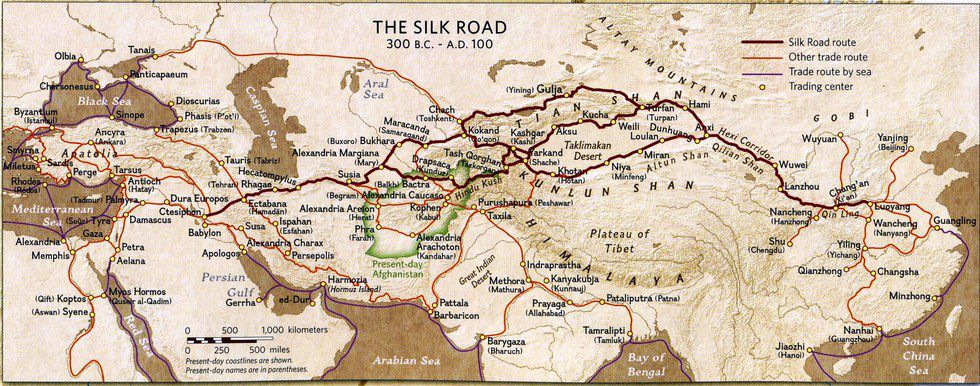
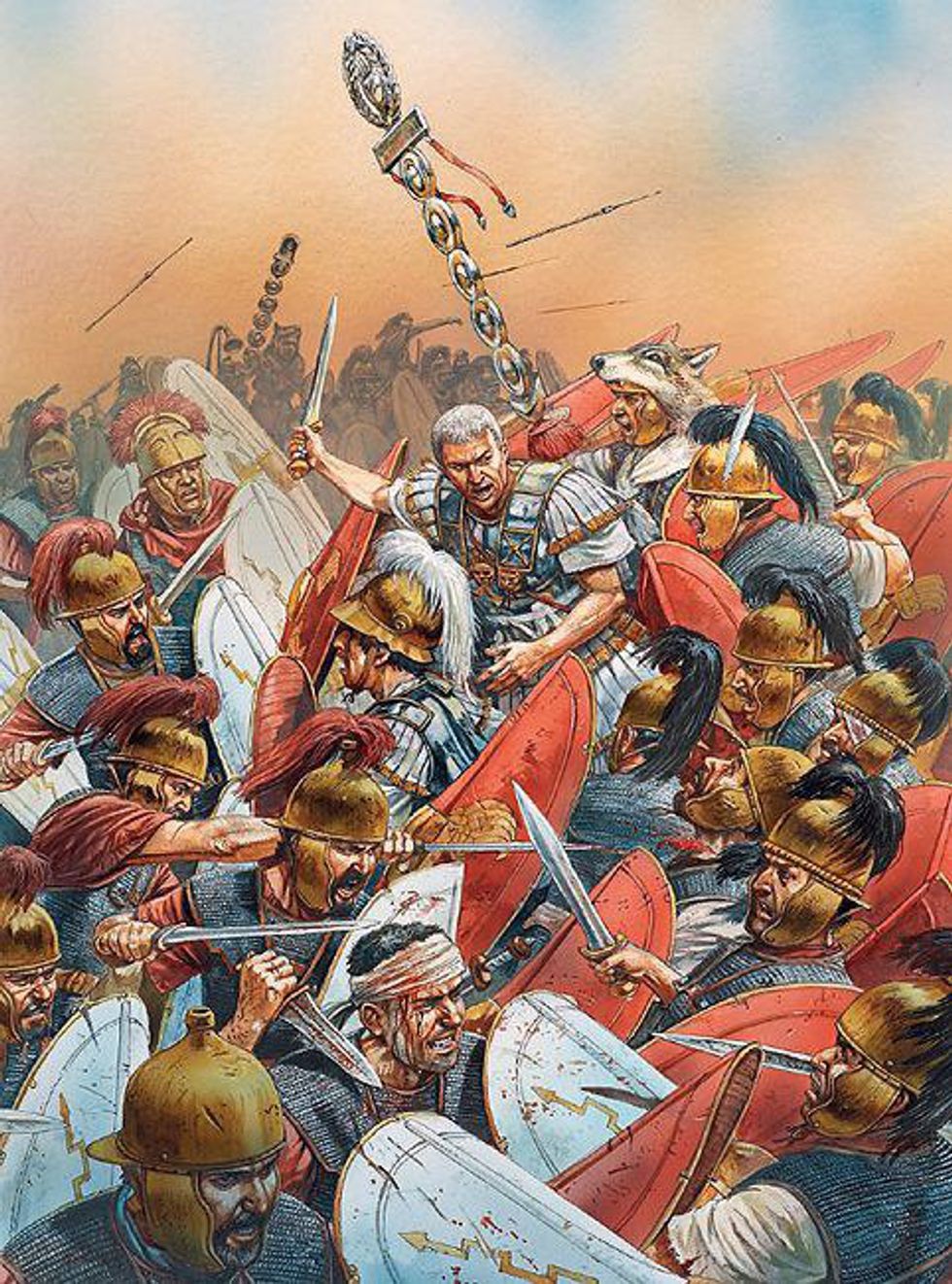



 mr and mrs potato head
StableDiffusion
mr and mrs potato head
StableDiffusion










